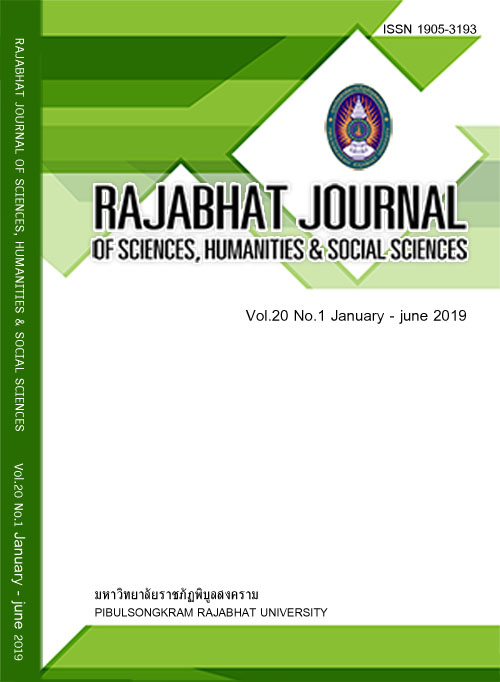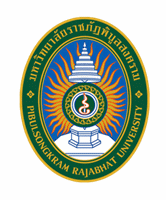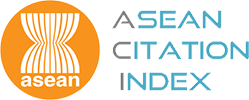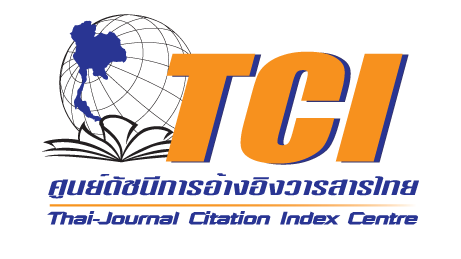LOW-INTENSITY THAI YOGA EXERCISE IMPROVES FUNCTIONAL FITNESS AND QUALITY OF LIFE IN INACTIVE OLDER ADULTS
Abstract
Evidence suggests that older people can gain significant health benefits not only from moderate- to vigorous-intensity exercise but also from low-intensity physical activity. However, the comparative efficacy of structured low-intensity range of motion and balance exercise regimens to improve functional fitness (FF) and quality of life (QoL) in inactive elderly has received limited investigation. This research determined the effect, and durability of Thai Yoga and Tai Chi on measures of physical independence and quality of life in older adults. This study used a randomized, multi-arm, controlled trial design. Thirty-nine participants (67 ± 6 y, 29 women) were randomly assigned to Thai Yoga, Tai Chi, for 12 weeks, twice weekly for 90-minutes each session, or a Control group. FF was evaluated using the Senior Fitness Test battery. QoL was assessed using self-report measures that included the 36-item-Short-Form Health Survey (SF-36), the Centre for Epidemiological Studies of Depression (CES-D), the Physical Activity Scale for the Elderly (PASE), and the Physical Activity Enjoyment Scale (PACES). Outcome measures were assessed at baseline, six, 12, and 24 weeks. The data were analyzed using repeated-measures ANOVA. Findings indicated that Thai Yoga participants significantly improved upper-body-strength (28.8%), lower-body-strength (28.4%), upper-body-flexibility (64.1%), lower-body-flexibility (103.8%), agility-and-dynamic-balance (14.6%), aerobic-endurance (11.3%), SF-36-vitality-dimension (17.7%), and PACES (24.0%) with the beneficial effects were maintained 12 weeks after completion of the intervention. The findings suggest that inactive older people can improve their health and well-being through low-intensity Thai Yoga exercise.
Downloads
Published
How to Cite
Issue
Section
License
Each article is copyrighted © by its author(s) and is published under license from the author(s).










